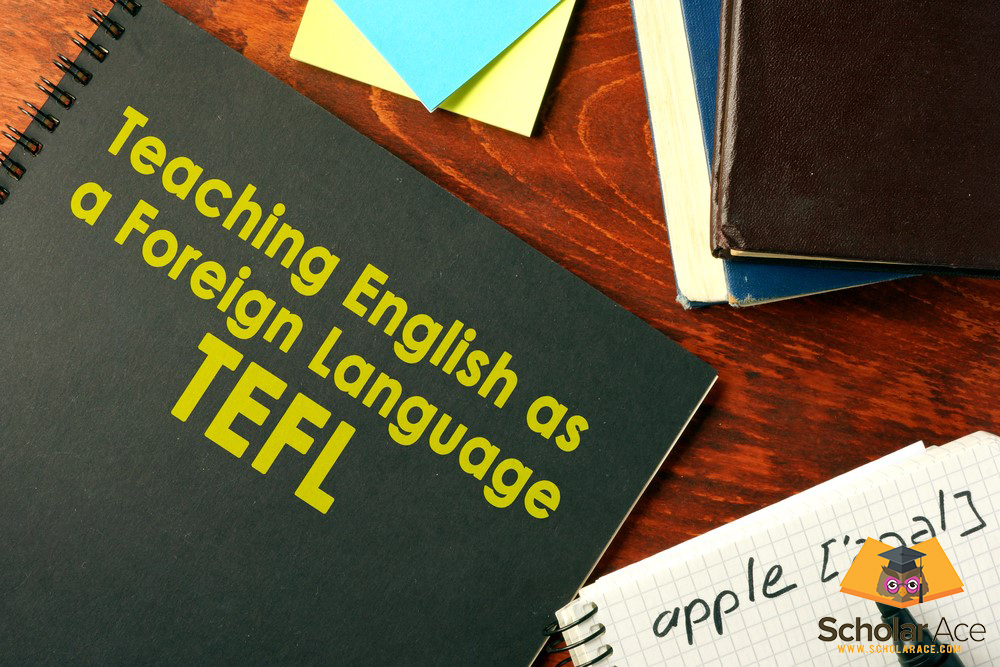The global demand for English language skills has led to a substantial increase in the need for Teaching English as a Foreign Language (TEFL) professionals. As international communication becomes more significant in our interconnected world, there is an ever-growing need to share the English language’s nuances and complexities with non-native speakers.
TEFL involves teaching non-native English speakers the language. It’s a domain that offers enormous opportunities for English-speaking individuals. With a certification in TEFL, professionals can travel worldwide, experiencing various cultures, all while teaching English to students or even fellow professionals in foreign countries.

TEFL is different from other similar concepts such as TESOL (Teaching English to Speakers of Other Languages) and ESL (English as a Second Language). While TEFL relates to teaching English in countries where the language is not widely spoken, TESOL refers to both these environments and countries where English is spoken. ESL, on the other hand, typically refers to teaching English within English-speaking countries to immigrants or international students.
The methodological contributions to the TEFL field focus on making English learning engaging and effective. Various approaches are used, including communicative language teaching, which encourages the use of English in authentic contexts, and task-based language teaching, where students engage in realistic tasks in English.
A typical TEFL course cements a candidate’s grasp of grammar, teaching methods, lesson planning, classroom management, and other essential skills. Some programs even offer practical teaching experience, which is highly advantageous when seeking employment.
Opportunities provided by a TEFL certification are vast. The certification allows teaching in private schools, language institutes, businesses, and through private tutoring worldwide. Additionally, it opens doors to volunteering in community programs or leading language immersion programs for children and adults.
In conclusion, TEFL is a dynamic and rewarding profession that offers exciting opportunities. A certified TEFL teacher not only experiences diverse cultures and places but also contributes significantly to individuals’ lives by creating a platform for them to engage confidently in an increasingly globalized world. Therefore, a career in TEFL is a passport to evolving personal growth and global exploration, simultaneously empowering others.
